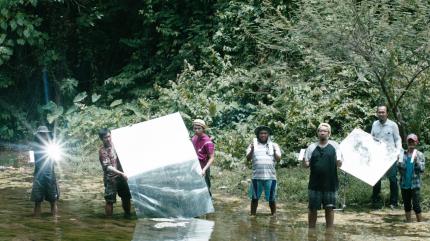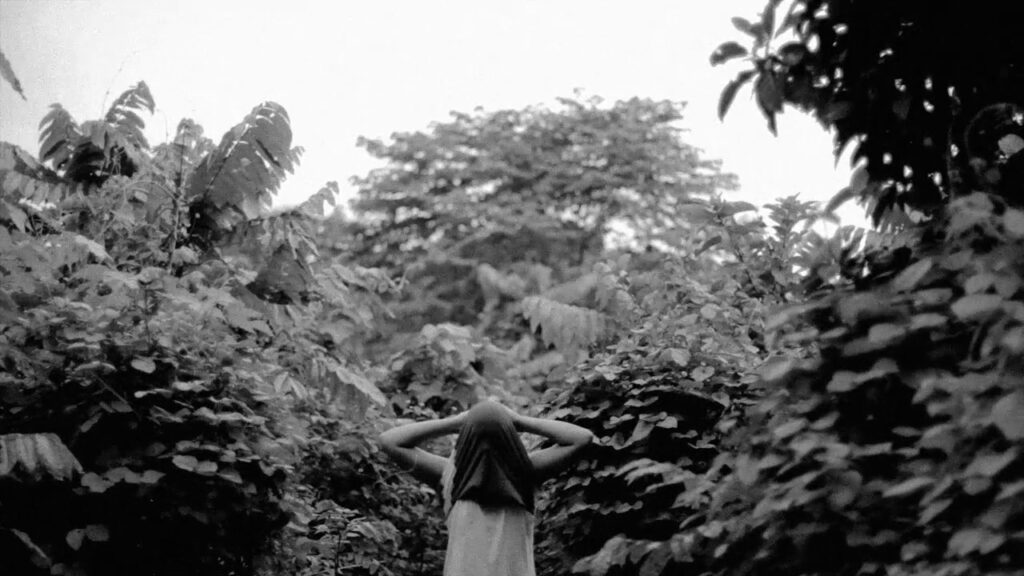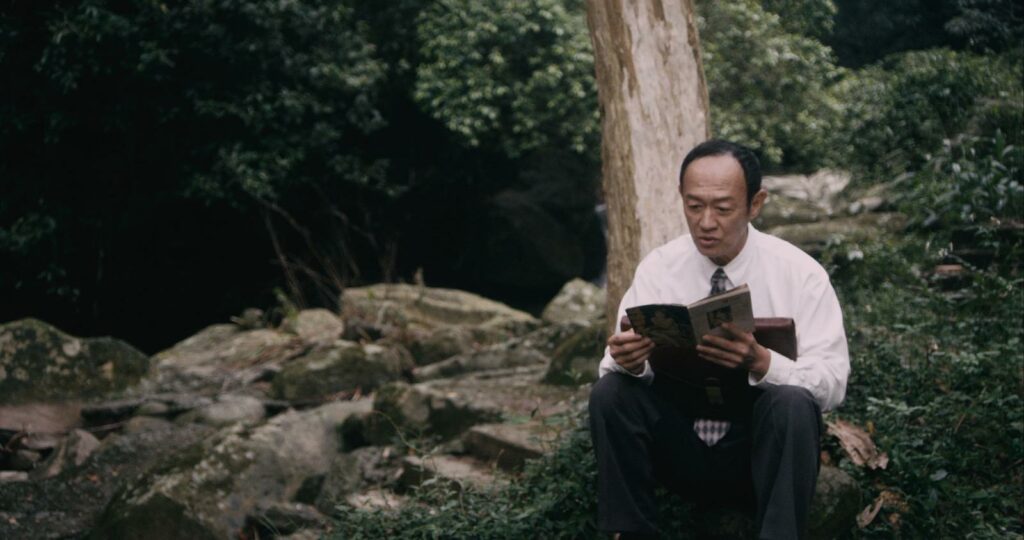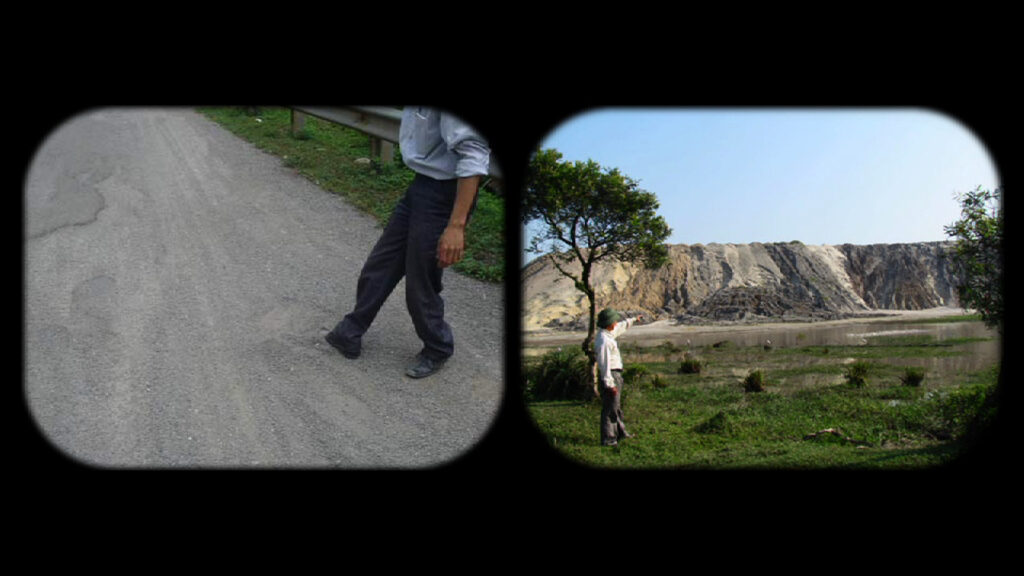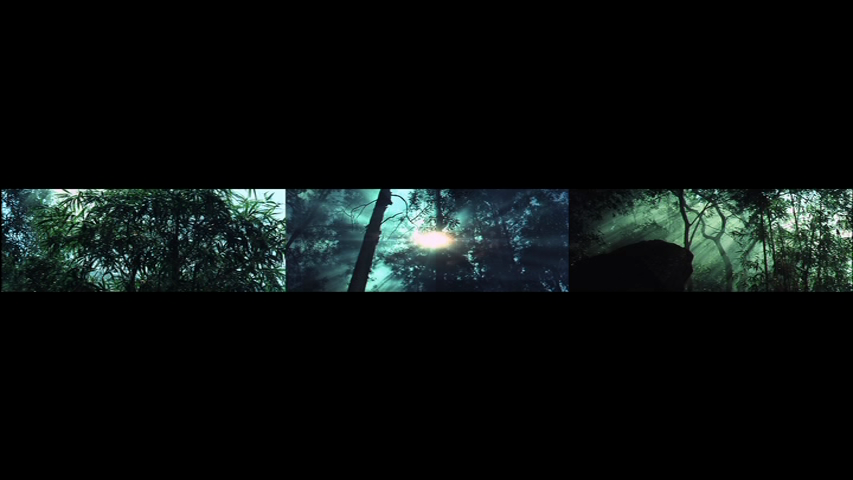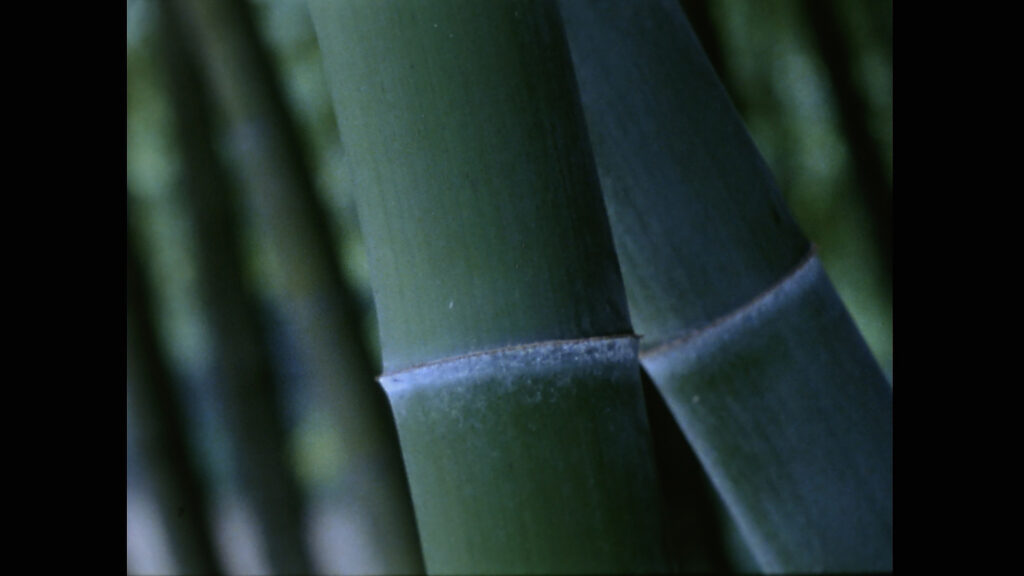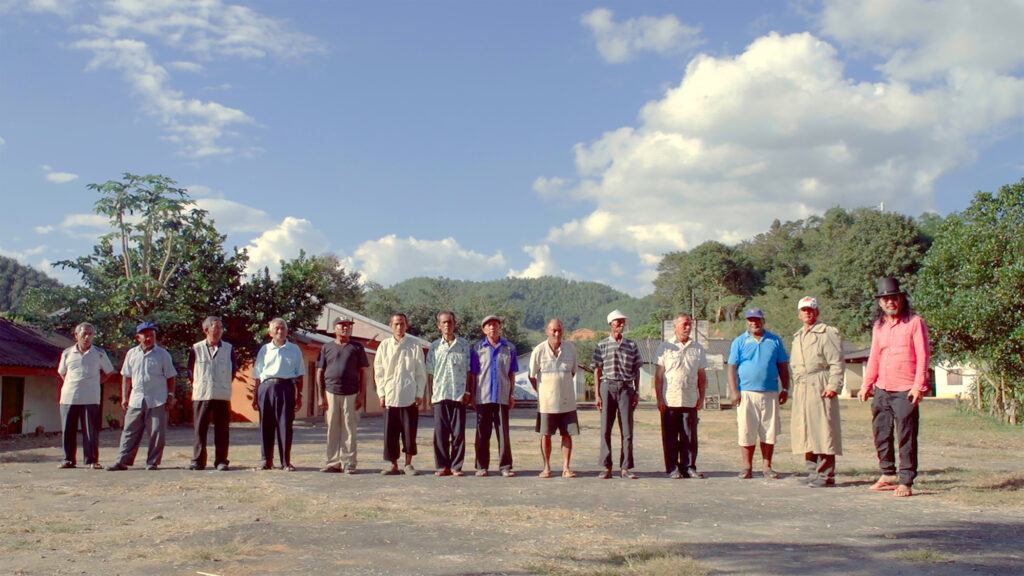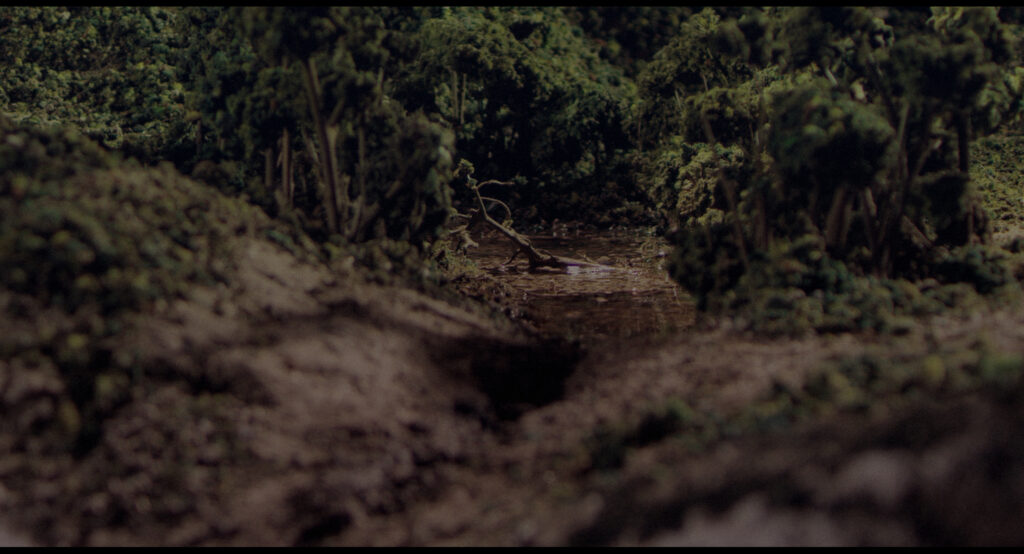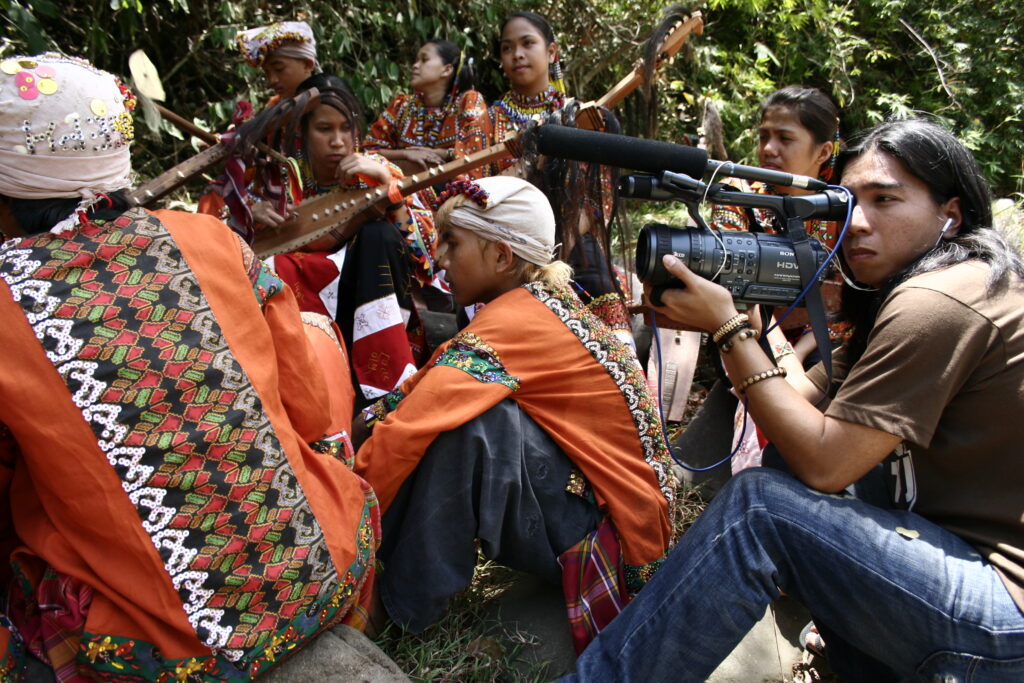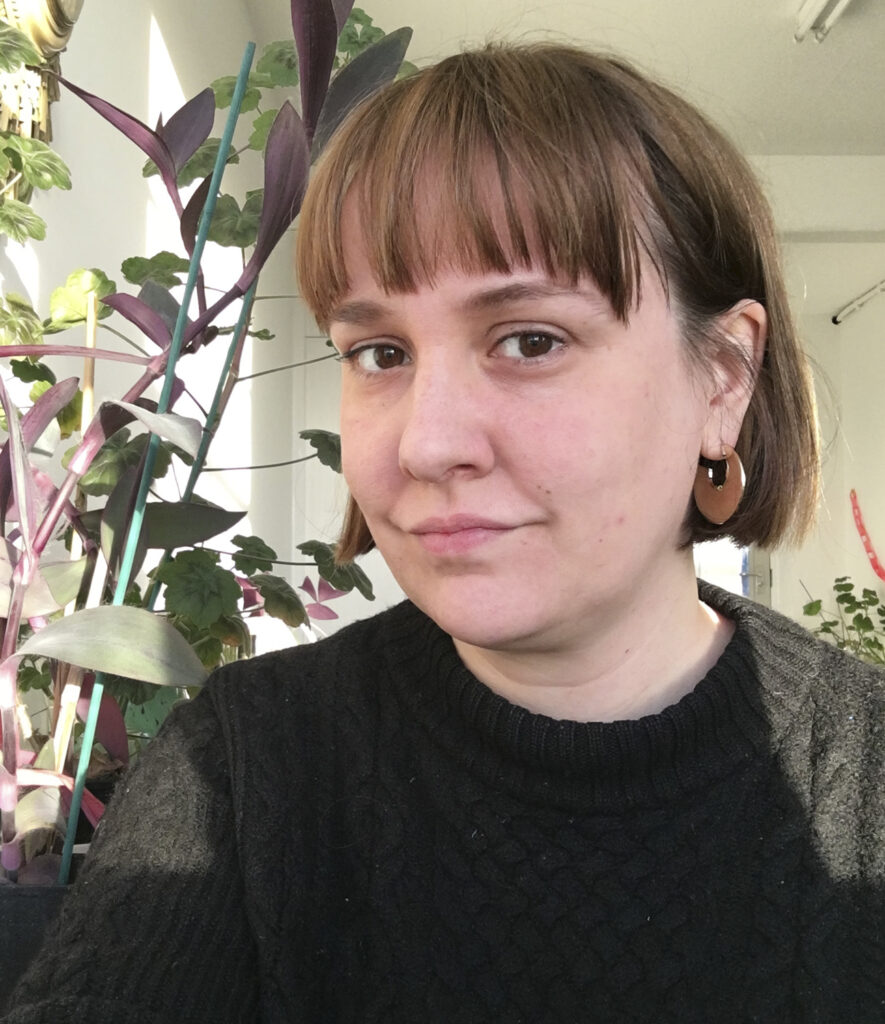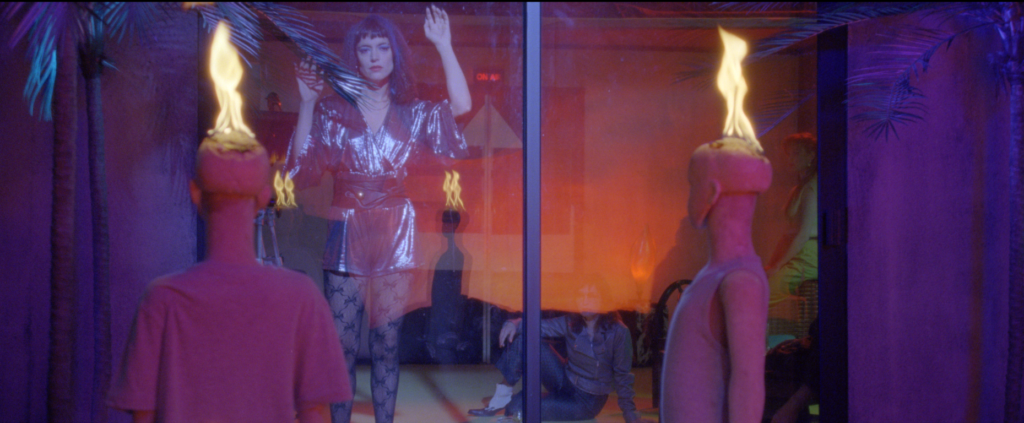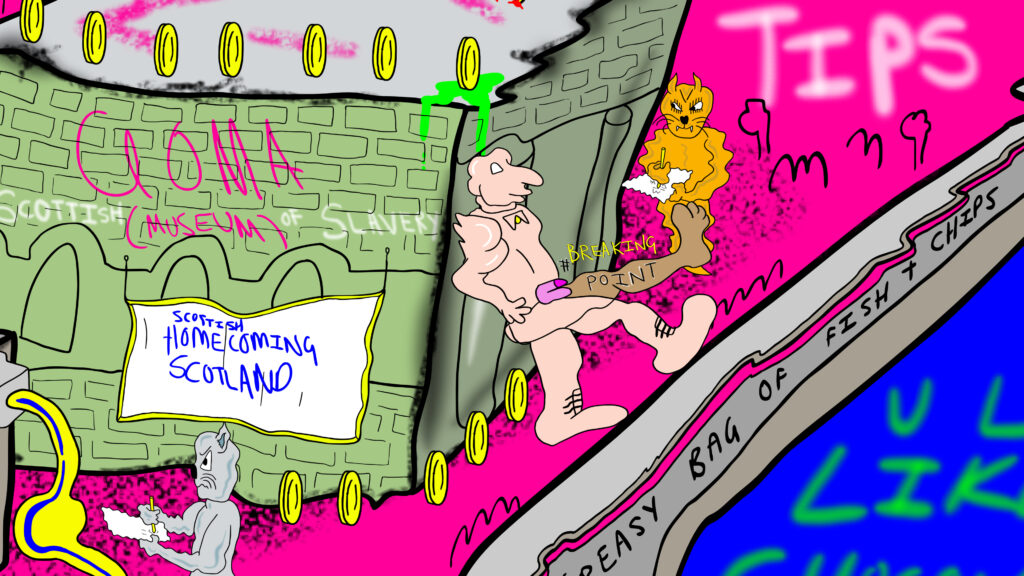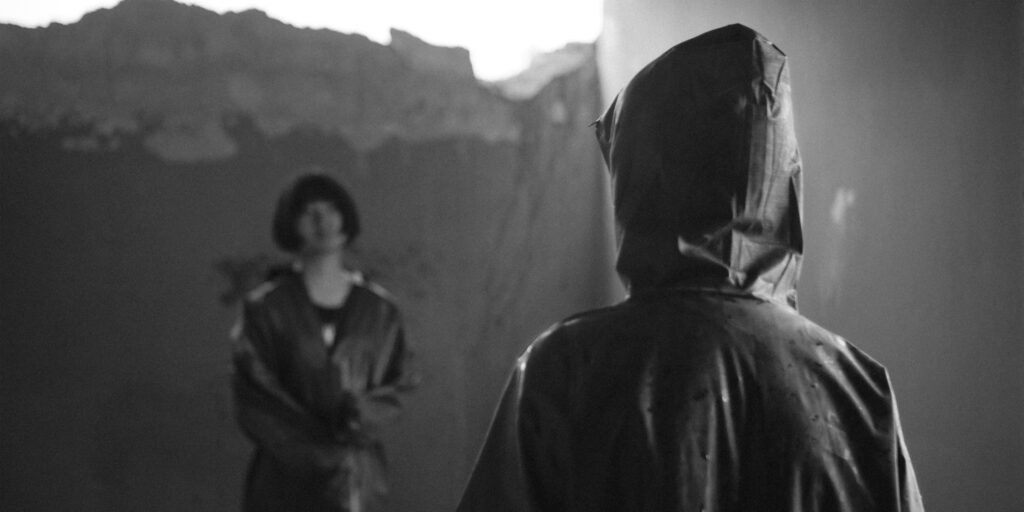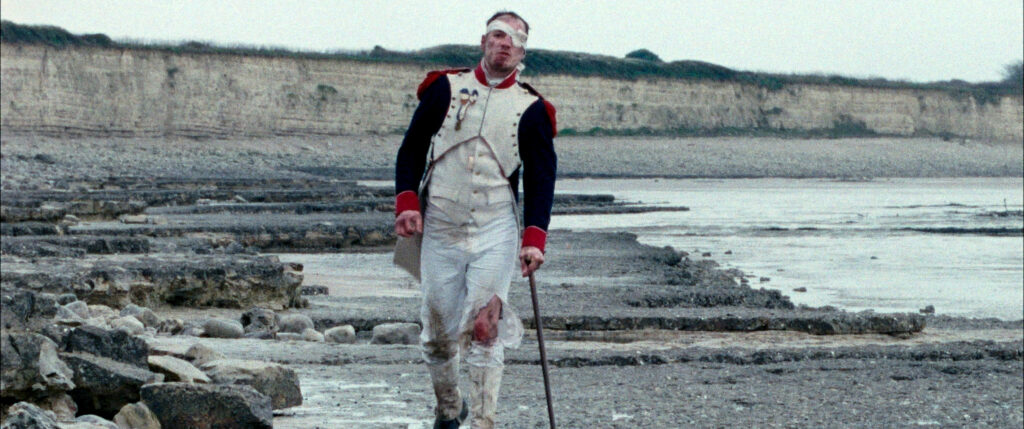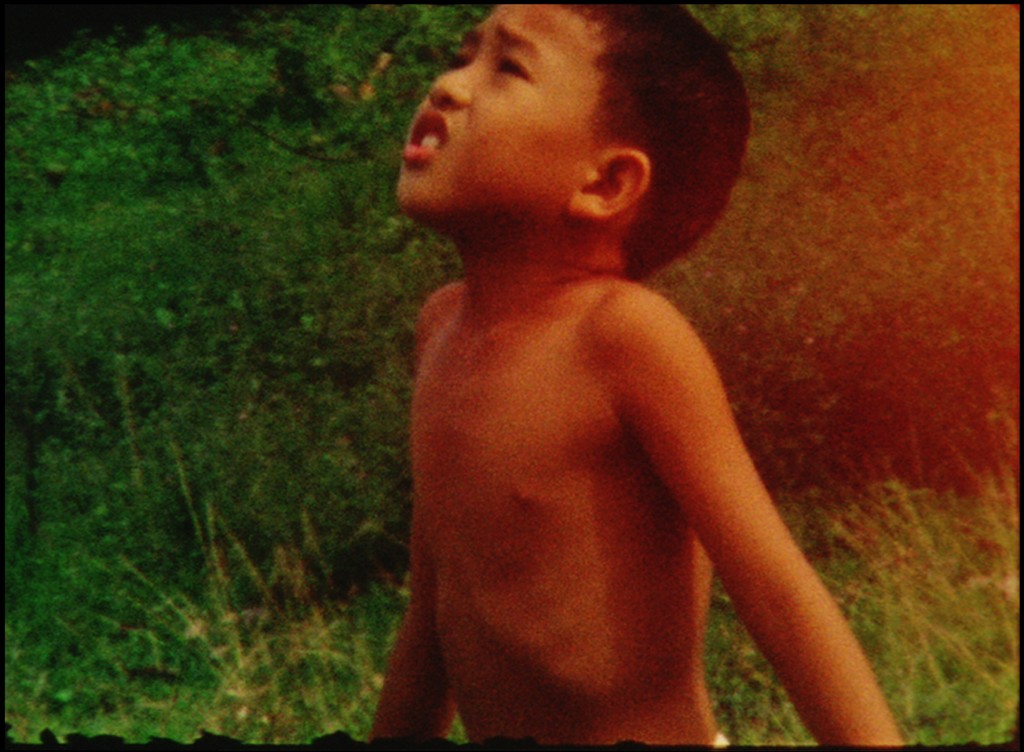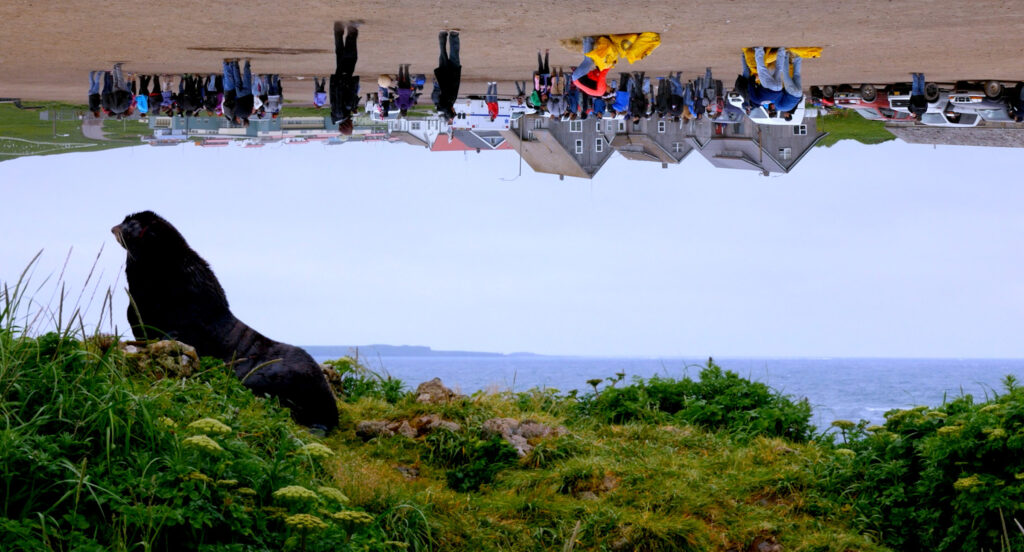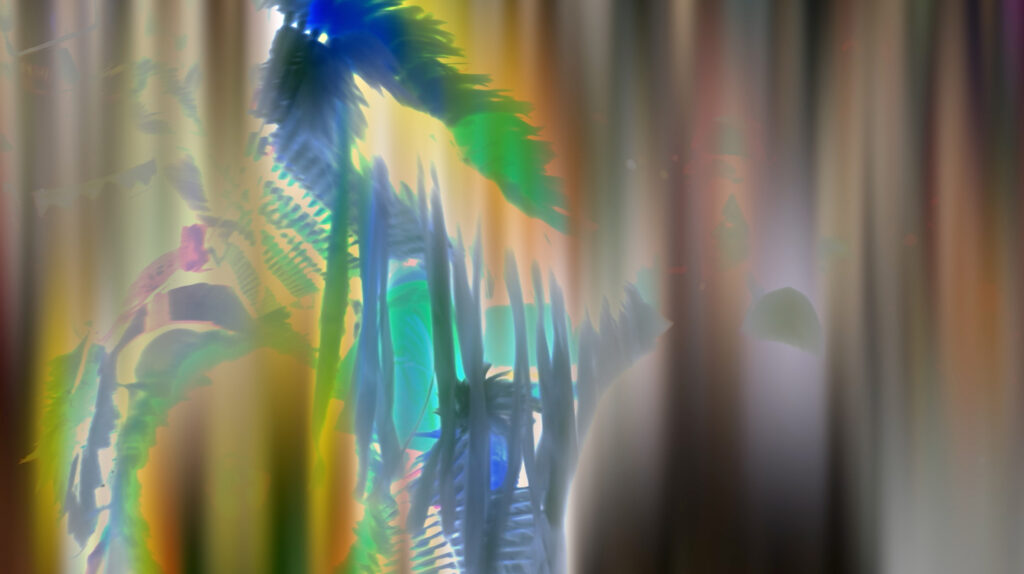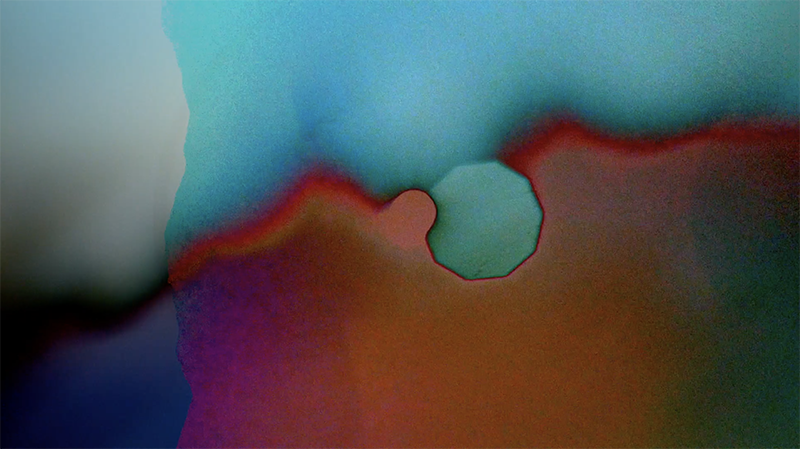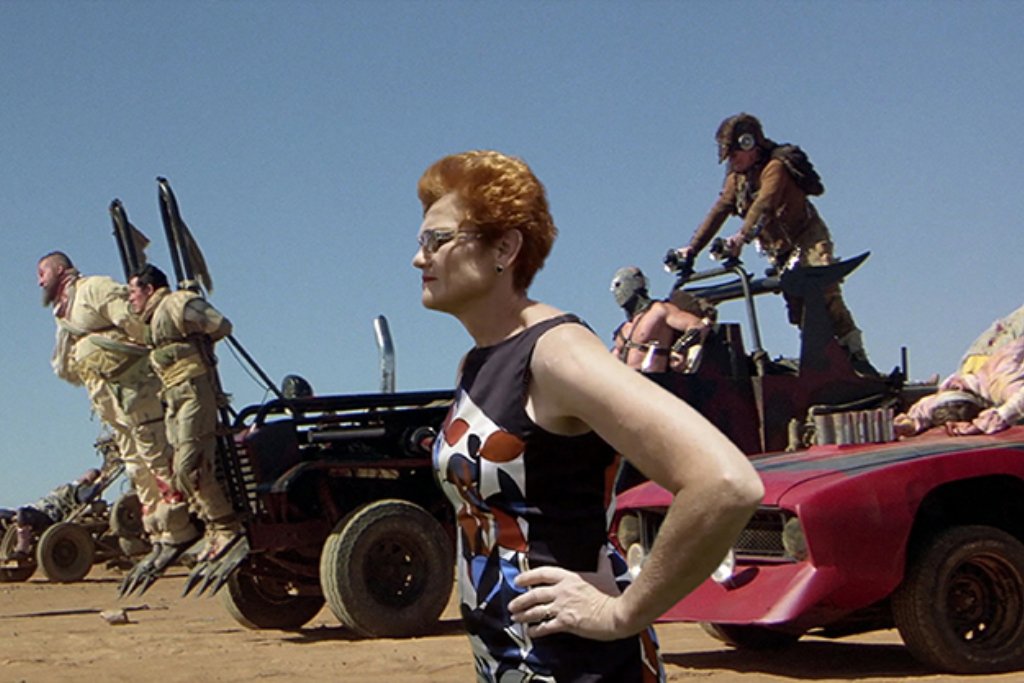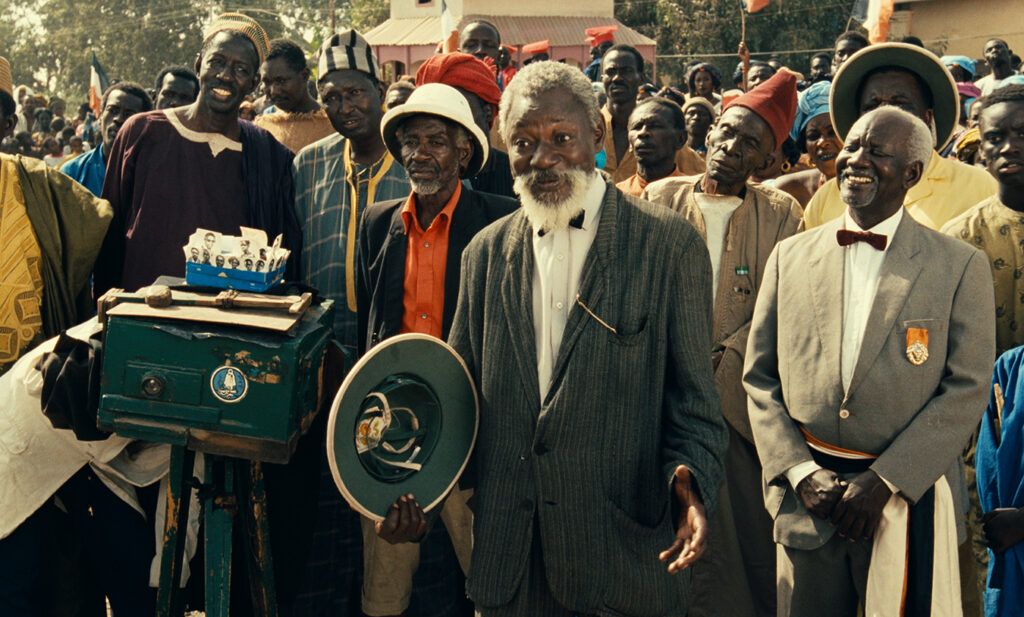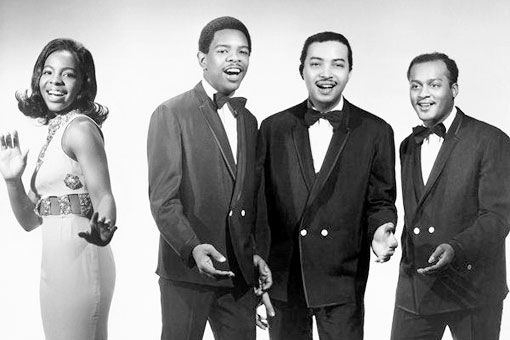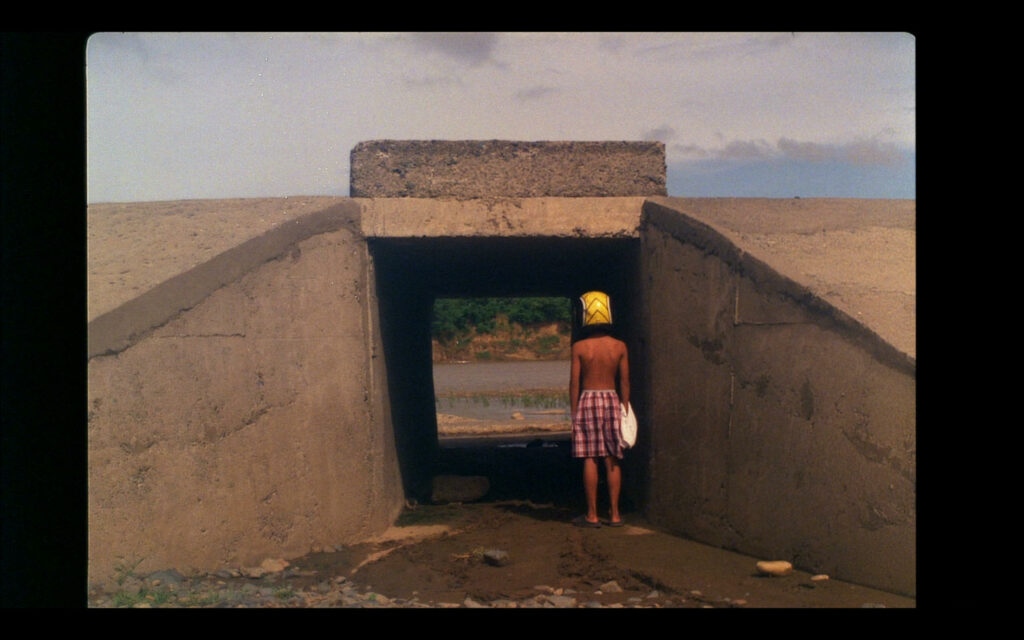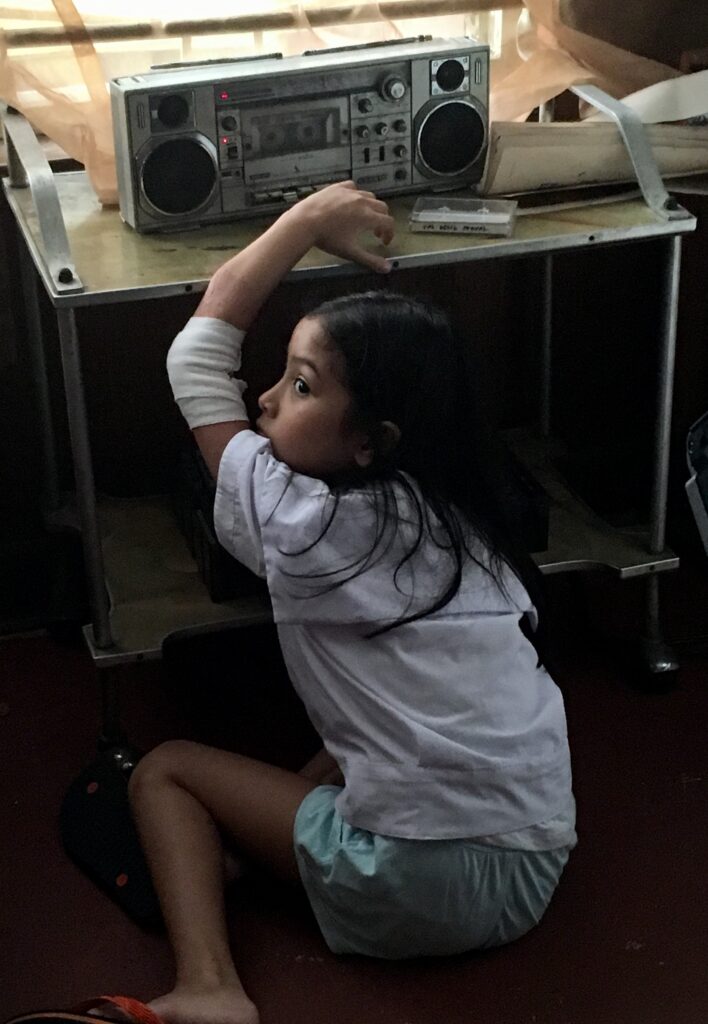Sensory, colourful and widescreen, the forest is already naturally cinematic.
Since the turn of this century, the forest has fascinated a new generation of global art filmmakers who have chosen the forest as a space for their creative exploration. ‘Screening the Forest’ takes nature as its point of departure by weaving together cinematic forests from India, Japan, Singapore, South Korea, Taiwan, Thailand, Vietnam and the Philippines. In some cases, the forest may even refer to nothing but a world construed as its own territory.
Like the real forest, where many genuses of trees coexist, the programme emphasizes that cinema is constructed not only culturally and aesthetically, but also ecologically or even animistically. As new strategies and interpretations of the forest emerge from a variety of Asian filmmakers, new trees can be sowed within our own imagination.
Q&A with curator Dr. Graiwoot Chulphongsathorn
Run Time
Years When I Was a Child Outside is a meta-film following Torres’ perspective as the son of best- selling self-help author Rodolfo Torres, whose instructional books and tapes made in early 1980s Philippines aimed to ‘help raise brighter children’. Upon learning that his father bore illegitimate children, the narrator decides to run away. The film is not only a chronicle of stories through foreign regions but also a probing letter from outside circles; an honest account of illegitimate views from uneven terrain; and a narrative-driven exploration of the nooks and peripheries of the body, geography and weather. As the journey progresses, the film increasingly traverses the countries of revelation, film, and heart—to where all journeys are meant to end with.
Q&A with filmmaker John Torres
Run Time
Berwick Visual Arts and BFMAF Artist in Residence Lucy Clout discusses Solvent Magazine, her new body of work produced in Berwick and exhibited in The Gymnasium, with Cubitt Curatorial Fellow and Cinenova working group member Louise Shelley and 2018 seminar leader Taylor Le Melle.
Run Time
I wouldn’t want to belong to any club that would have me as a member. That includes Chauvin-ists; children who disturb corpses; frightened men living in a matriarchal society; or a film crew consisting of a slime robot, talking mandrill and lesbian couple whose relationship crumbles under the glow of bisexual lighting.
Q&A with filmmakers Hardeep Pandhal & Benjamin Crotty
Run Time
America has ‘liberated’ the Philippines and the islands have just been proclaimed a new republic.
Every morning, at the crack of dawn, Father and Mother stretch Julio, pulling his limbs in opposite directions. They make him drink a concoction made from the liver of codfish, believed to stimulate growth in children. He stands in the blazing heat of the sun.
The family swells in size to six children. Father hunts for food while Mother tends to domestic duties, leaving Julio and his siblings alone, exposed to their lush natural environs. Soon enough, the youngest two are taken away and distributed amongst the two aunts without offspring of their own.
Big Boy chronicles the growth of a family, the myths of progress that consume them and the violence not just in war and colonization, but also that which is inherent in coming into being—for a boy, a man and a nation.
Q&A with filmmaker Shireen Seno
Run Time
Join Katie and Chloë at the Kaleidoscope shop (59 Marygate) for a dedicated Zoetrope-making session. Learn how to make an animation film with no film or or gadgets! Suitable for ages 7 to 13. Places are free but should be booked via The Maltings. Children must be accompanied by an adult at all times.
Run Time
Filmmaker Sky Hopinka presents a screening of his short films in conversation with Nicole Yip, Director of LUX Scotland. Based in Milwaukee, Sky Hopinka (Ho-Chunk/Pechanga) focuses on the interconnections between his indigenous homeland, language, landscapes, and identity. Anchored by both surreal perspectives and grounded realities, Hopinka’s sublime films create maps of dreams and memories, pushing against cultural and personal boundaries, creating meaning where none had existed before.
Hopinka will read from his debut publication Around the Edge of Encircling Lake (2018) and the screening will include:
Kunįkága Remembers Red Banks, Kunįkága Remembers the Welcome Song, 2014, US, 9 mins
Jáaji Approx, 2015, US, 15 mins
I’ll Remember You as You Were, Not as What You’ll Become, 2016, US, 12 mins
Dislocation Blues, 2017, US, 17 mins
Fainting Spells, 2018, US, 12 mins
Special thanks to Ruth Hodgins, Walker Art Center
Run Time
Part political satire, eco-horror and road movie, TERROR NULLIUS is a counterculture film which offers an un-writing of Australian national mythology. Using existing film footage as raw material, the project works entirely within—and against—the official archive in order to achieve a queering and othering of Australian cinema. Envisaged as ‘A Political Revenge Fable In Three Acts’, TERROR NULLIUS is a world in which minorities and animals conspire, and not-so- nice white guys finish last. Where misogynistic remarks are met with the sharp beak of a bird or the jaws of a crocodile, and girl gangs rule the highways. Within this fable, Skippy the Bush Kangaroo schools his young pal Sonny on intersectional feminism, a house is haunted by the spectre of queer Australia, the mystery of Hanging Rock is resolved and a bicentennial celebration is ravaged by flesh-eating sheep.
TERROR NULLIUS lays bare a paradoxical vision of Australia as a nation where idyllic beaches host race-riots, governments poll love-rights and the perils of the natural environment are overshadowed only by the enduring horror of Australia’s myth of ‘terra nullius’. It’s a beautiful, bloody mix of the historical and the speculative, the grindhouse and the art house. Not a definitive counter-narrative but a meticulous ramshackle of connections that delivers an open invitation to a further cultural conversation.
Run Time
Linguère Ramatou returns to Colobane, a once charming village now devastated by poverty, with fabulous wealth and a promise to save her people. But tied to this promise is a deadly bargain: the lover who had betrayed a 16-year- old, pregnant Linguère, must be executed. The villagers—over time and through the hardship of daily survival—had long forgotten the incident, and they are at once confused, horrified and outraged. But soon cowardice sets in, shrouded in silence. While appearing to maintain a good moral conscience, the villagers are unable to resist the dazzling array of consumer goods that Linguère has now placed within their reach. On credit, they begin to purchase furniture and appliances—even those meant for houses without electricity!
Completed just a few years before the filmmaker’s passing, Hyenas is a cautionary tale packed with humorous, compassionate yet explosive scenes. Mambéty forges his narrative with humour and paints characters, spaces, dialogues and gestures with breath-taking images in sumptuous colours. He skilfully and playfully sways us back and forth in time, with slots of 19th century pomp followed by 20th century appliances. Desire, materialism and various modern day artefacts come to test the old values of individual dignity and group solidarity, stressing the enduring, almost mythic status of the conflict between avarice and respectability. Hyenas is nothing short of poetry in motion.
Introduced by artist and researcher Layla Gaye
Run Time
Northern soul, R&B and club classics with DJs Carl Hudson and Michael Elliot. Free admission, all welcome.
Run Time
‘Lukas, in the middle of the film, the actress will pay a visit. You’ll fall in love with her. And you’ll understand your father. I’ll become your memory. I haven’t shown you the middle yet’. Thus begins John Torres’s latest dream of a documentary, a highly experimental, gloriously free-form coming-of-age story. Shortly after the arrival of a film crew that throws his tiny, usually quiet village into a frenzy of commotion, Lukas’s father, Mang Basilio, announces that he is a ‘tikbalang’, the half-horse, half-man of Filipino folklore. When Mang Basilio disappears, the awkward, baffled Lukas sets out on a journey of self-discovery that will include a ‘river of forgetting’, invisible voices and a hallucinatory blurring of reality and fantasy. Torres has already carved out an idiosyncratic niche for himself in the thriving world of documentary-fiction hybrids, and this is his most personal and expansive work to date. — Film Society of Lincoln Center
Q&A with filmmaker John Torres
Run Time
Set in 1987, soon after the People Power Revolution which led to the fall of president Marcos, Nervous Translation follows eight-year-old Yael. A shy and uneasy girl, she listens endlessly to the cassette tapes recorded by her father, who has spent years away from home working in Saudi Arabia. When she hears an advertisement for a pen that will give her a ‘wonderful life’, she decides to spend all her savings on this miracle pen.
Yael’s world is small and tender—she likes to play cooking on her mini stove—but the real world comes knocking: a typhoon approaches the Philippines. Giving a voice to this quiet girl in a perceptive, playful film full of jump cuts, sensitive sound design, ’80s music and even an odd surrealist intermezzo, Seno empathetically captures the innocence and uncertainty of a child who doesn’t yet understand the world, although she is surrounded by it.
Introduction by filmmaker Shireen Seno
UK premiere of Nervous Translation presented jointly by BFMAF and Tate Modern
The film will be preceded by the 2018 Berwick New Cinema award presentation


